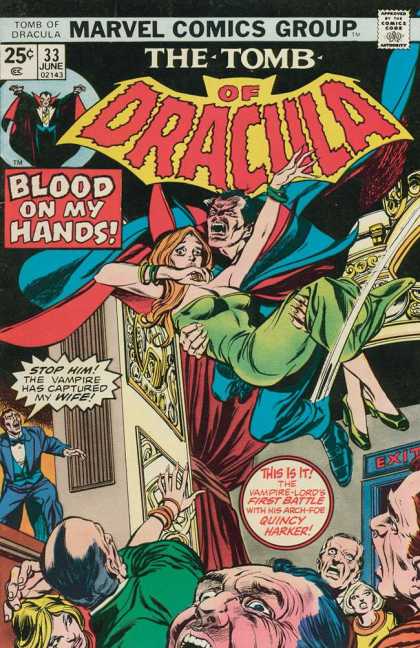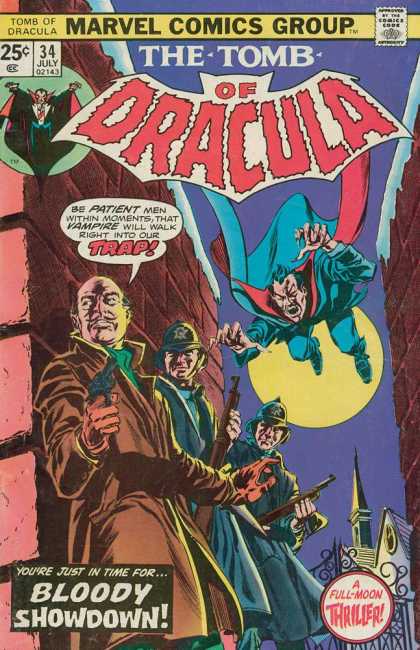Estate Your Business Part II: A Writer’s Guide to Organizing a Literary Estate
 First of all, let me say hello and introduce myself. I’m an author of about half a dozen published short stories, one of which has just come out from Black Gate. I also, once upon a time, went to law school and for six years I worked as an attorney, first at a large firm, and then as a solo practitioner in northern New Mexico. I did real estate, contracts, and estate planning.
First of all, let me say hello and introduce myself. I’m an author of about half a dozen published short stories, one of which has just come out from Black Gate. I also, once upon a time, went to law school and for six years I worked as an attorney, first at a large firm, and then as a solo practitioner in northern New Mexico. I did real estate, contracts, and estate planning.
Northern New Mexico is crawling with writers and their kin and given I was active in the writing community it naturally followed that I did quite a few literary estate plans. I have since gone inactive in the bar, moved to London, and had two children who don’t ask me a lot of legal questions to keep me on my toes (yet), so please don’t rely on this post for hard and fast legal advice. I can, however, provide some general guidance about literary estates, what they are and how you get one.
What happens if I don’t have a literary estate?
That has already been answered on this site in Bud Webster’s illuminating first Estate Your Business post. In it he documents his hard work on the SFWA Estates Project, and all I can add is, don’t bank on there being a Bud Webster on the planet when you pass on. With a few simple precautions you can keep your body of work available to publishers, and thus available to earn money after your death, without a saintly individual like Bud burning up the phone lines to find whomever inherited your copyrights.
Bud explained what happens when you don’t have a literary estate, and I hope he convinced you to get one.

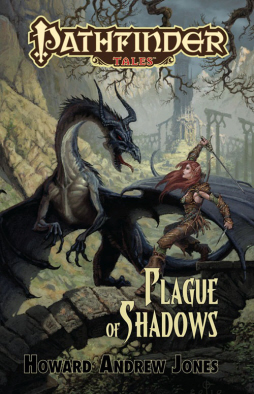
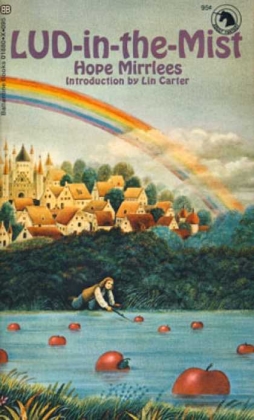 Hope Mirrlees’ stunning 1926 novel Lud-in-the-Mist begins with the following epigraph:
Hope Mirrlees’ stunning 1926 novel Lud-in-the-Mist begins with the following epigraph: The Authorized Ender Companion
The Authorized Ender Companion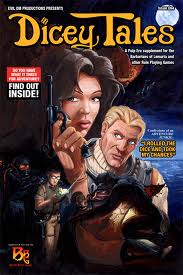
 The June 20th edition of John Clute’s
The June 20th edition of John Clute’s 